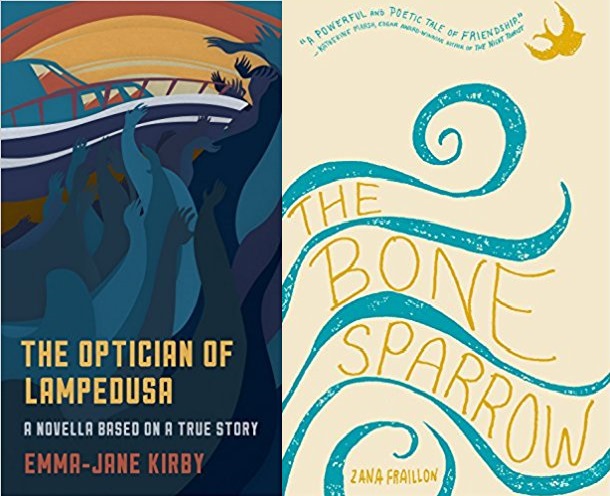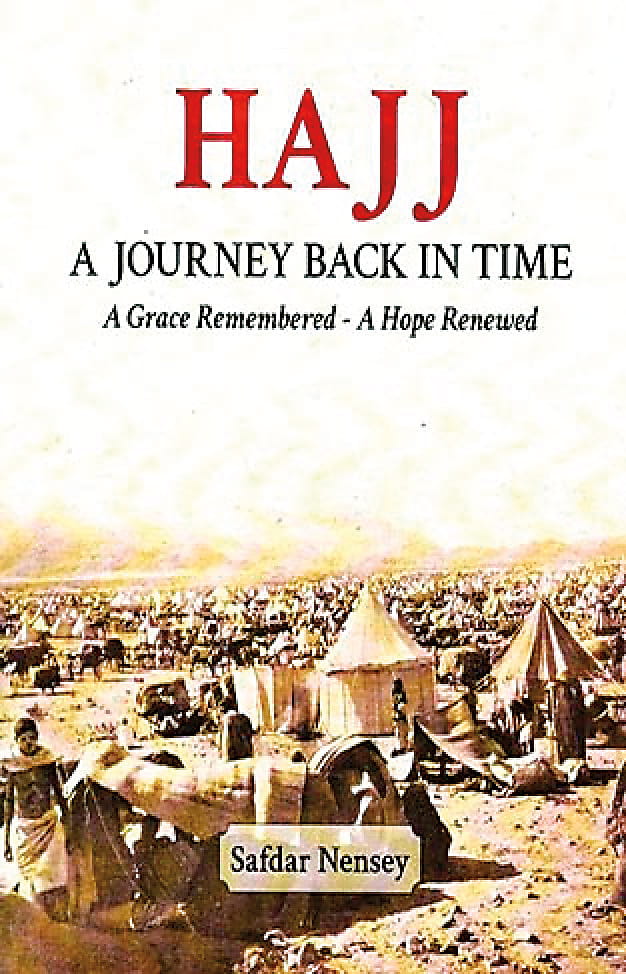
The Optician of Lampedusa; The Bone Sparrow
Arthur Clark
Emma Jane Kirby; Zana Fraillon
2016, Allen Lane, 978-0-24-129-528-1, $14.95 pb.; 2016, Disney Hyperion, 978-1-48478-151-7, $16.99 hb.
These books probe the experiences of modern-day refugees from two distinct perspectives. Emma Jane Kirby, a BBC reporter, gives voice to the real-life experiences of an optician from the Mediterranean island of Lampedusa who saved nearly 50 shipwrecked migrants from Eritrea and Somalia in 2013. Refugees regularly turn up on Lampedusa, Italian terrain that lies closer to North Africa than Europe. There they are quickly forgotten—until the optician, his wife and six friends on a boating holiday find themselves face-to-face with a sea full of drowning people and fill their craft to overloading. Many more die. Melancholy pervades the last half of the book, reflecting the migrants’ broken dreams and their saviors’ shattered innocence. Praised for his work, the optician can only say, “I’ve failed. We’ve all failed. Us, Italy, Europe—all of us.” Zana Fraillon, a children’s author, has written an impressionistic novel that will engage adults as well as younger readers. Although her characters are fictitious, they are drawn from hard facts. The narrator, a nine-year-old Rohingya refugee, lives in a detention camp in Australia where he dreams of the sea he’s never seen. His mother and sister fled Myanmar (Burma) before he was born, leaving his father behind. The lad befriends an indigenous local girl who finds her way through the camp fence with a book; he reads her a story about her people’s travails and she gives him her bone sparrow charm. Despite his prisoner-like existence, he doesn’t despair—his hopes mirrored in the rippling waves of Southern Lights that he spies at the end of the book.
